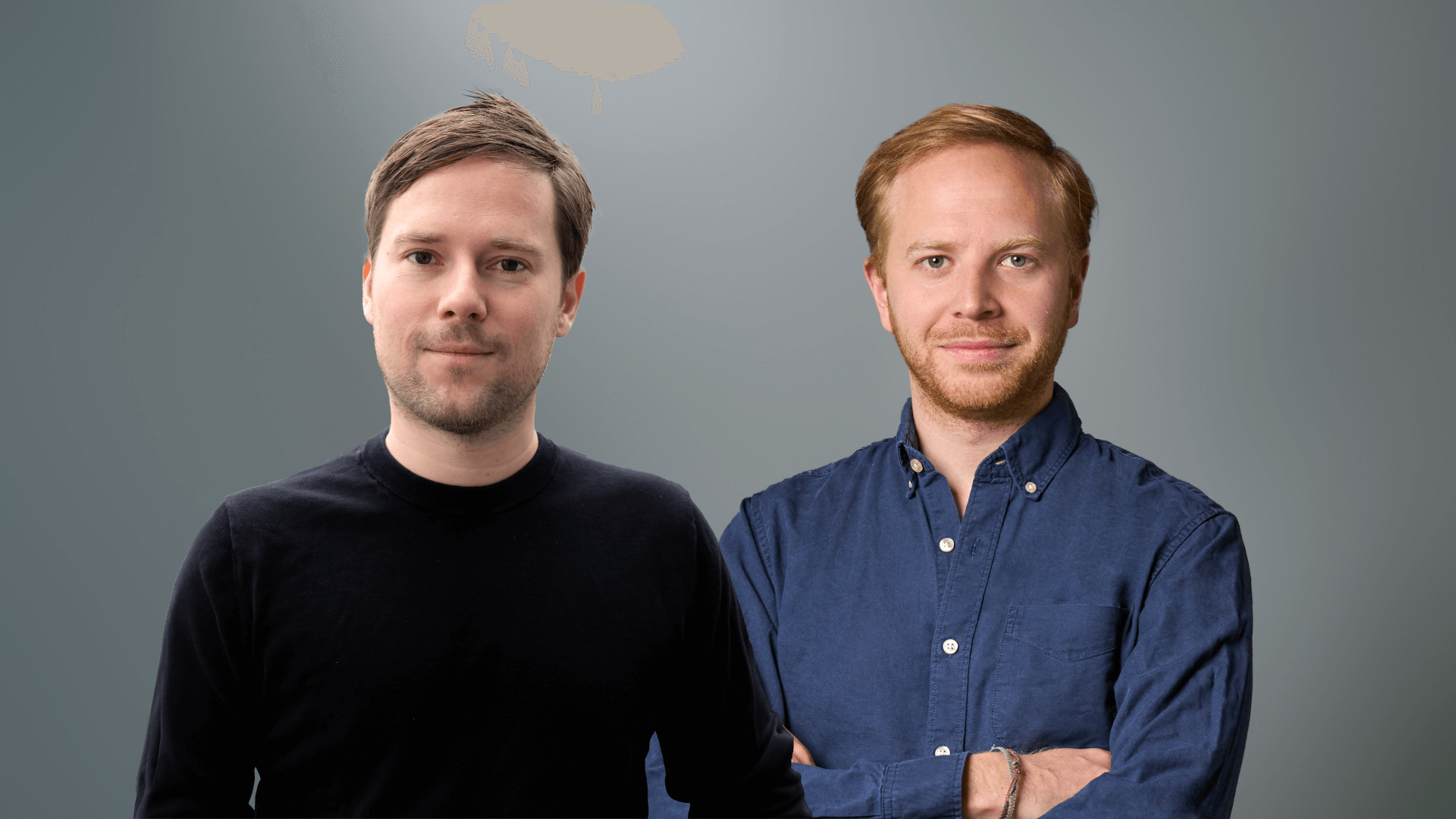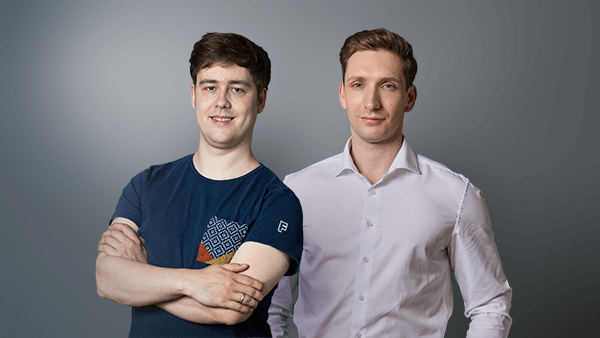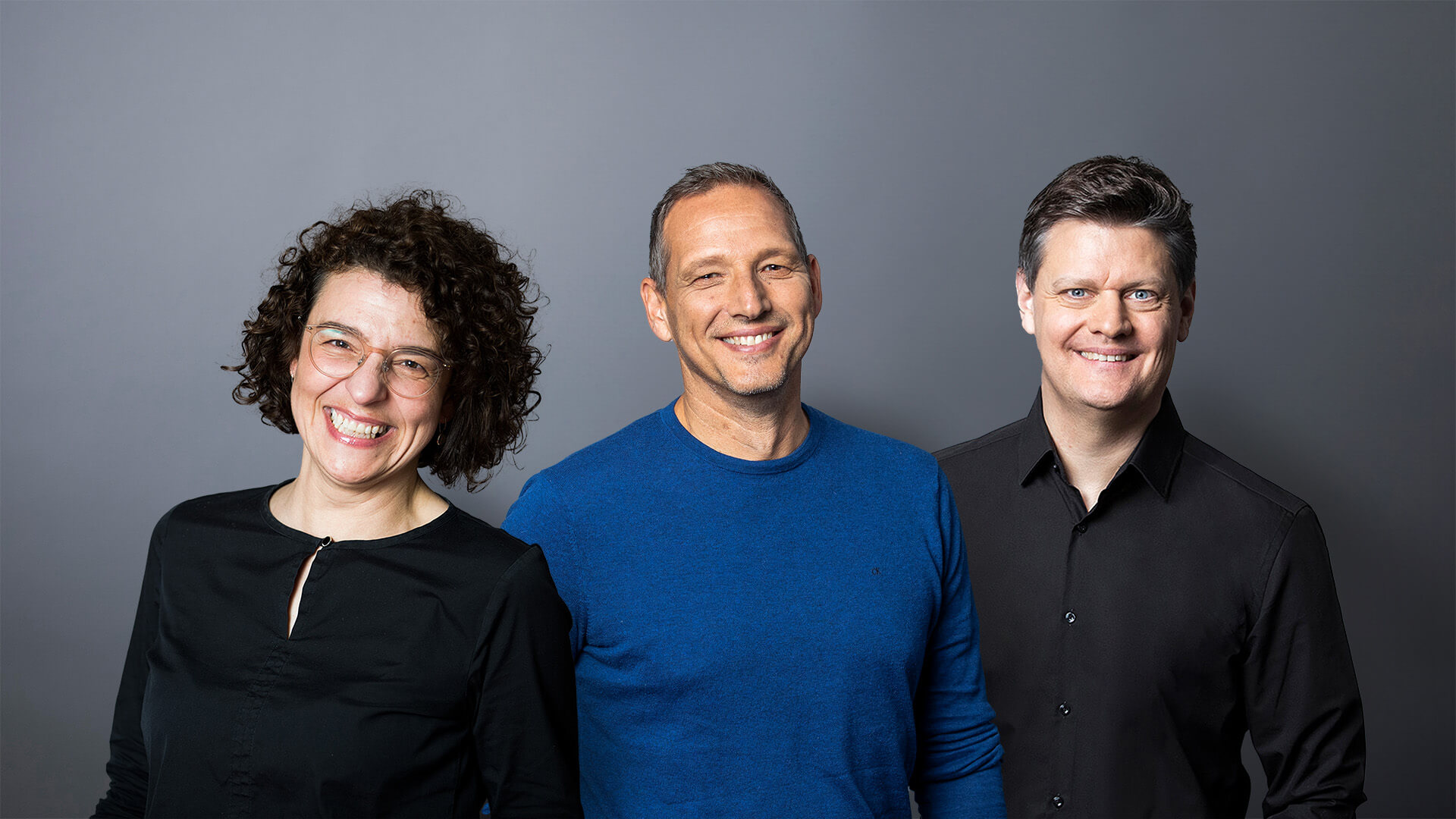Interview with Verena Pausder: Entrepreneurial awakening – make it in Germany!

At Family Day 2024, you’ll be calling for an “entrepreneurial awakening” and for companies to “make it in Germany”. How can this happen?
If “Made in Germany” was a seal of quality in the past, then I believe that “Make it in Germany” should be our objective for the future.This can be achieved by supporting a start-up culture that welcomes diversity and talented individuals from around the world. Germany should show itself to be an open location that supports innovation and breaks down bureaucratic hurdles. We need to create an environment in which we mobilise more private and institutional capital, particularly for deep tech start-ups, in order to ensure that start-ups founded here can also make it big here.
In a new post on social media, you call for a new kind of German spirit and criticise the voices suggesting that Germany is on the decline. How can we bring a more positive spirit to the German innovation scene?
We need to promote our success stories more and do better at telling people what a positive impact innovation and new technologies can have on our work and lives. Times of crisis are a great opportunity for entrepreneurs. Despite the global uncertainty, almost 2,500 new start-ups were founded in Germany last year. This contradicts the notion that Germany is on the decline. And Germany has the perfect ingredients to look ahead to a confident economic future: a lot of innovative ideas (particularly in the field of deep tech), talented entrepreneurs, an outstanding international research landscape and a strong industrial base.
You have been the Chairwoman of the German Startup Association for around half a year now. Has your view of the scene changed in that time? And if so, how?
Since becoming Chairwoman of the German Startup Association, I’ve witnessed the diverse nature of the scene. And I’m increasingly realising that our decentralised, federal economic structure is one of the key strengths of our country. In Germany, start-ups are not just popping up in the capital, as is the case in France and England, but impressive companies can be found up and down the country – from Isar Aerospace and Marvel Fusion to Flix, Getyourguide and 1KOMMA5. At the same time, I am obviously aware of where political and economic conditions need to be improved to provide a further boost to growth and innovation in this country.
What do we need now to further strengthen the start-up ecosystem? What potential can be better leveraged?
To further strengthen the start-up ecosystem, first and foremost we need bigger funds and more late-stage capital so that we can retain innovation and start-ups in Germany in the long term and ensure that companies do not predominantly belong to non-European investors at some point. We also need to create more spin-offs from our world-class research, improving the structures at universities to do so. And last but not least, we need to revive our stock exchange to make sure that profits, talented individuals and IP are not lost through IPOs abroad.
AI, climate tech and deep tech are the major topics in the industry. How is the German start-up scene positioned in this regard? And what do you consider to be the important trend topics?
The German start-up scene is in a great position in general, but we need much more capital in the areas mentioned and bigger funds to be more competitive on the international stage. Major trends such as space tech, quantum computing, battery storage, fusion energy and biotech also require the necessary framework conditions on a policy level. For instance, the state should become a customer of these companies at a much earlier stage and also make it easier for start-ups in these fields to take part in tenders.
We talk a lot about the cooperation between SMEs and start-ups. What factors do you think are important to strengthen this cooperation?
First of all, we need to create platforms for start-ups and SMEs to come together, get to know each other and learn from one another. Good examples of this are the Pioneers Club in Bielefeld, the Munich Urban Colab in Munich and BRYCK in Essen. To strengthen cooperation, it is important to build up trust and support joint projects.
At HTGF, we have numerous start-ups in our portfolio that come directly from the world of research and science. You recently spoke about the need for a stronger integration between industry and research. What’s your take on the matter?
Germany is a world-class research location on a par with the USA. We register the most patents in Europe. But all too often, this research does not lead to market-ready products or companies. Start-ups are the best mechanism for ensuring scientific breakthroughs can quickly make their way into corporate practice. The UnternehmerTUM entrepreneurial centre, which is affiliated with the Technical University of Munich, is showing how it’s done: more than 50 fast-growing tech start-ups are founded there each year. Through its own venture capital fund, the university invests in promising tech companies and offers a 1,500 square-metre high-tech workshop for building prototypes known as the MakerSpace. The centre has already led to the establishment of 11 unicorns, such as Celonis, Personio and Lilium.
You are an entrepreneur yourself. You have developed apps for children, started a digital education association and are the co-founder of the women’s football team FC Viktoria Berlin. From your own experience, what would your advice be for entrepreneurs looking to get started today?
I would ask them: what will you do if it works out? What kind of company can you build, how can you influence a whole industry, what corporate culture can you create, how can you educate young people and how can you contribute to making our country fit for the future? These questions are so inspiring and they show that we shouldn’t always get bogged down in the risks, but that we should look forward to the opportunities ahead.
You’re seen as a great networker. Why is an event like Family Day important for the scene? What are you expecting?
Events like Family Day are important to get to know people, share experiences, come up with ideas and learn from others. I’m expecting that this exchange will result in inspiring discussions, new partnerships and innovative ideas and help to advance the German industrial and start-up landscape.


